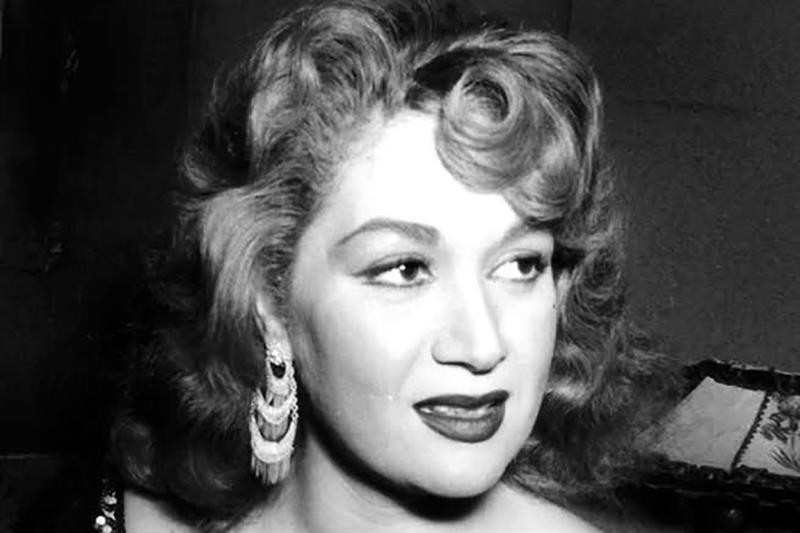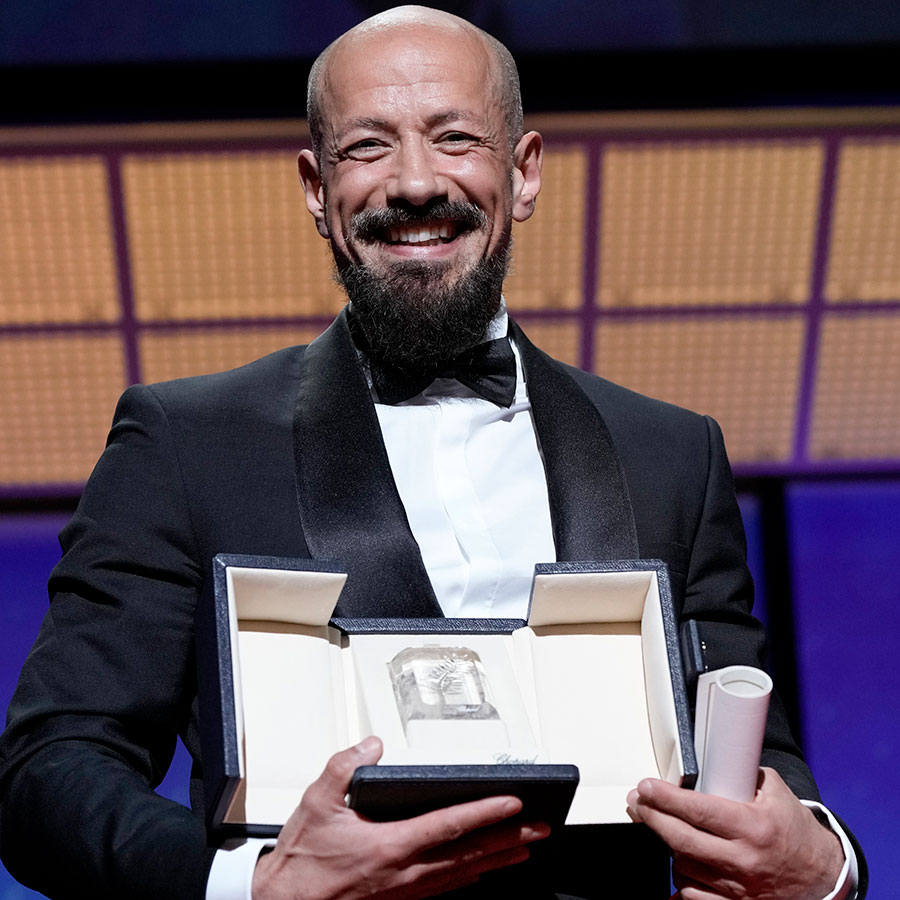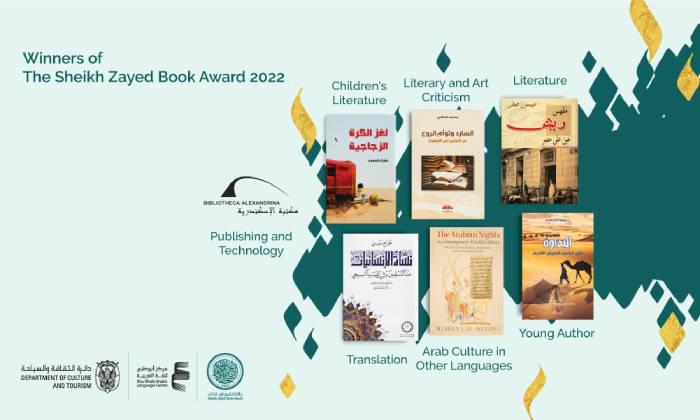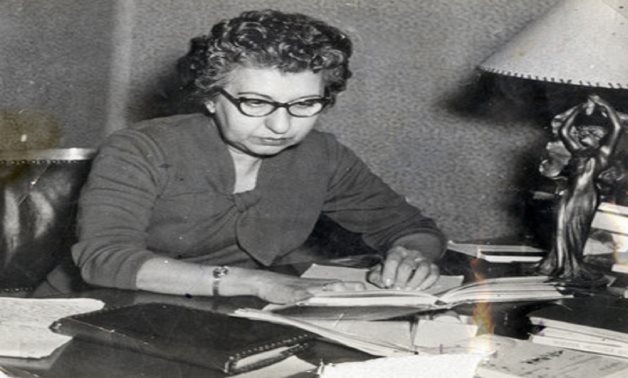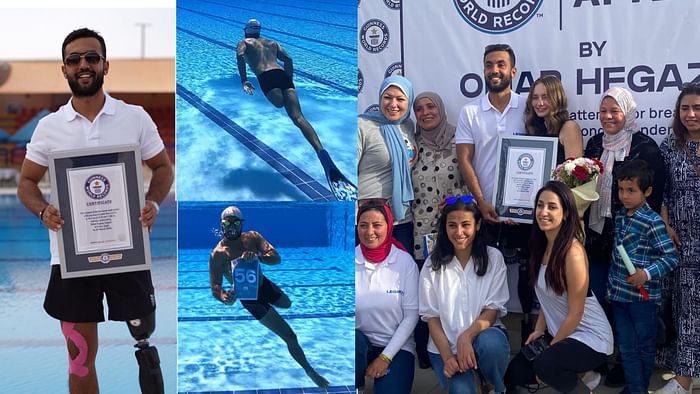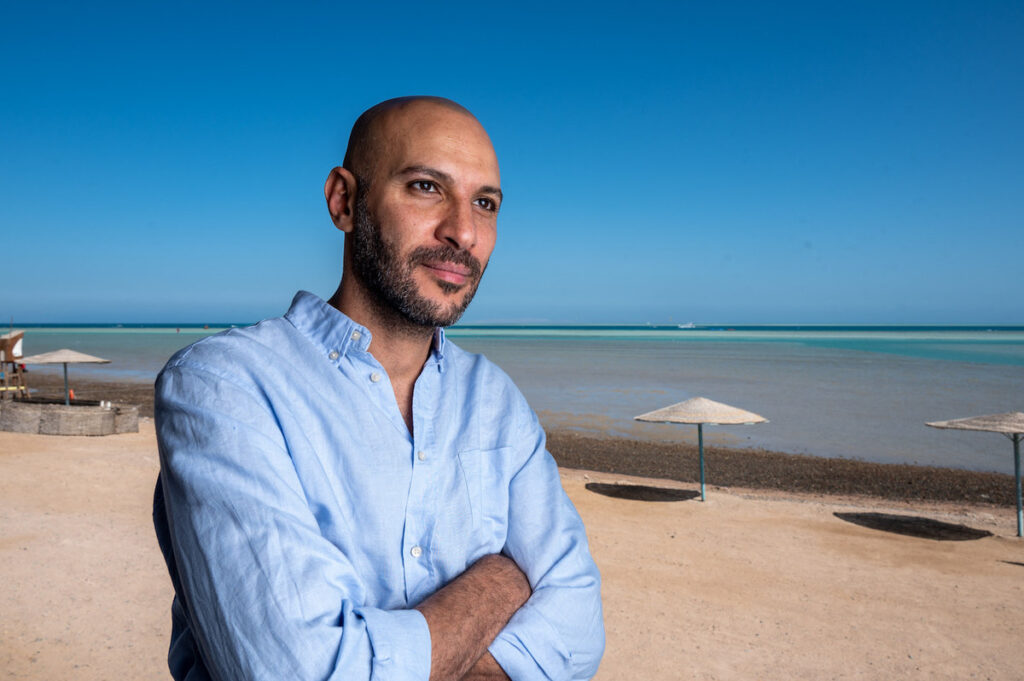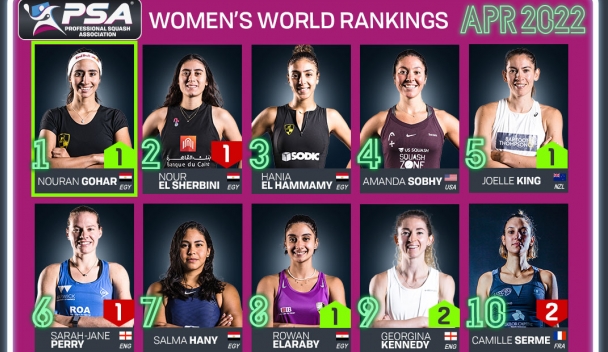Egypt’s highest state awards in art, literature, and social sciences for 2022 were announced on 7 June, with writer Ibrahim Abdel-Meguied, director Dawood Abdel-Sayed, and late Iraq thinker Qais Azzawi winning the top honour, the Nile Award.
In a meeting chaired by Egypt’s Minister of Culture Ines Abdel-Dayem, members of Egypt’s Supreme Council for Culture (SCC) voted on the top awards.
The members voted on 53 prizes worth a total of EGP 7.5 million (around $374,632) divided into four sections:
Here is the full list of winners:
The Nile Award
The Nile Award is granted to three people in the fields of literature, arts, and social sciences. Each winner receives EGP 500,000 and a gold medal. A new award for the most creative Arab personality was added for the first time in 2018.
The Nile Award in Literature was given to writer Ibrahim Abdel-Meguied.
The Nile Award in Arts was handed to director Dawood Abdel-Sayed.
The Nile Award in Social Sciences went to the late lawyer and head of the lawyers syndicate Ragi Attia.
The Nile Award for the Most Creative Arab personality was awarded to late Iraqi thinker Qais Al-Azzawi, who died in 2022.
The Nile Award for a creative Arab personality was launched in 2018 in a bid to strengthen ties between Egypt and Arab creative minds.
Appreciation Awards
The award carries a prize of EGP 200,000 and a gold medal.
The Appreciation Award in Arts went to actor Rashwan Tawfik, architect Suhair Hawass and Ahmed Nabil Suleiman.
The Appreciation Award in Literature was awarded to writers Mohamed Abulfadl Badran, Youssef Hassan Nofal and Kamal Ruhayem.
The Appreciation Awards in Social Sciences were awarded to Said Ismail, Abdel-Salam Abu-Qahf and Moataz Sayed Abdallah.
Excellency Awards
The Excellency Award in Literature was granted to writer Reem Bassiouny and Amr Fouad Dawara.
The Excellency Award in Arts was handed to Gamal Yaqoot and Ahmed Abdel-Kareem.
The Excellency Award in Social Sciences was handed to late judge Tahany El-Gebaly, Iman Amer, and Ahmed Hassanien.
In addition to the previous awards, the SCC granted 32 encouragement awards, each one of them worth EGP 50,000.
Factbox
There are 52 prizes worth a total of EGP 7.5 million (around $374,632) divided into four sections.
Of the seven Excellency Awards, two are for the arts, two for literature, and three for social sciences. Political analyst Ammar Ali Hassan and economic expert Ahmed El-Naggar were among the winners of the prize last year.
Novelists Khairy Shalaby and Gamal El-Ghitani, poet Mohammed Afifi Mattar, and critic Gaber Asfour are among the past winners.
The Nile Award was originally named the Mubarak Award, but was changed in the aftermath of the 25 January 2011 Revolution that ousted president Hosni Mubarak from power.
Poet Abdel-Rahman El-Abnoudi, writers Bahaa Taher, Ibrahim Aslan, and Waheed Hamed, and cinema director Youssef Chahine are the most prominent figures to date who have won the Nile Award.
The State Awards were launched in 1958 and have only been cancelled once, in 1967, during the Six-Day War between Egypt and Israel.
source/content: english.ahram.org.eg (edited)
____________
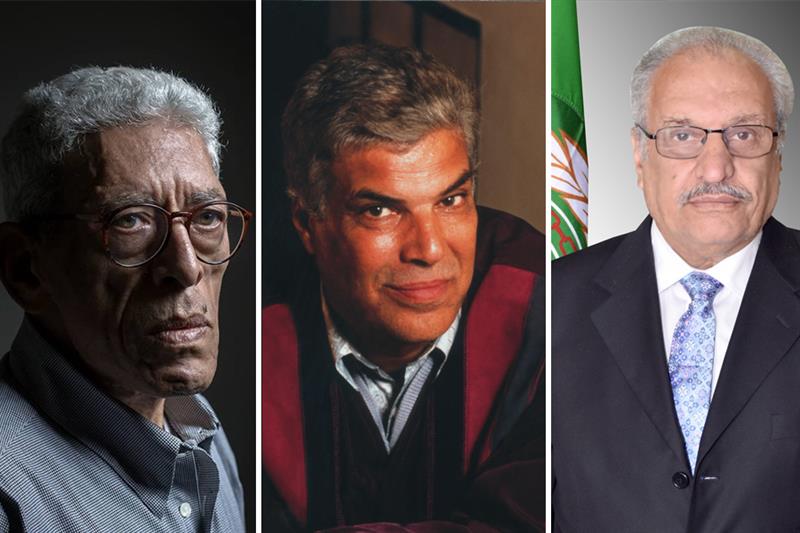
_______________
EGYPT / IRAQ
